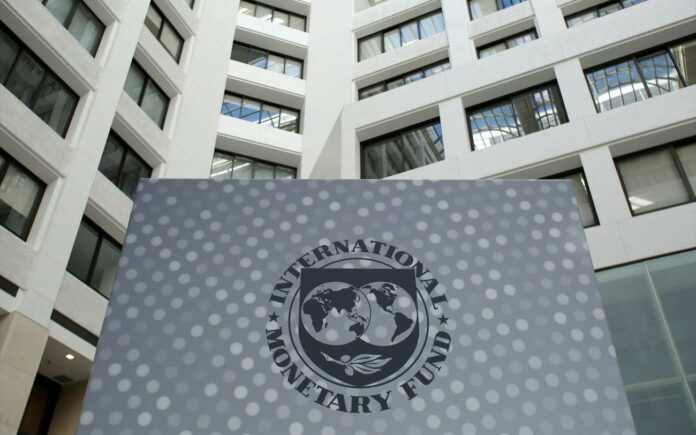Continued speculation over a return by Greece to bond markets has been punctuated by another “hiccup”, with a Bloomberg dispatch overnight claiming that the International Monetary Fund (IMF) insists that a debt ceiling cannot be exceeded by the still bailout-dependent country.
Bloomberg quotes three unnamed officials it said are familiar with the issue, withholding their names on the grounds that talks are confidential.
The IMF’s executive board is expected to discuss its participation in the ongoing Greek bailout, and the possibility of extending another credit line to the country, during a meeting in Washington D.C. on Thursday.
According to Bloomberg, the IMF maintains that Athens must first rollover debt before assuming more, with a date for paying off four billion euros in expiring maturities coming on Thursday. At least one of the three officials cited, moreover, said that even continued repayments of debt held by the ECB are not enough to bring down the overall debt load to a level allowing new bond issues.
In a related development, Reuters also quotes three EU officials, as it says, who stressed that successive bond issues by Athens are necessary in order for the country to smoothly exit the current bailout – which ends in August 2018 – as well as a “sizeable” cash cushion.
At the same time, the trio of unnamed officials warned against any back-tracking in terms of reforms agreed to between recession-battered Greece and the current leftist-rightist coalition in power, on the one hand, and Euro zone creditors, on the other.
Reuters said investors forecast that Athens will raise at least three billion euros from a five-year bond issue once “borrowing costs drop below 5 percent…”
The international news agency reminded that two small forays into the market by Greece came in 2014, months before the current government assumed power.
The first issuance in 2014 raised three billion euros with a five-year bond issue with a yield of 4.95 percent – an unofficial benchmark that many market analysts stress the current government must not exceed.














